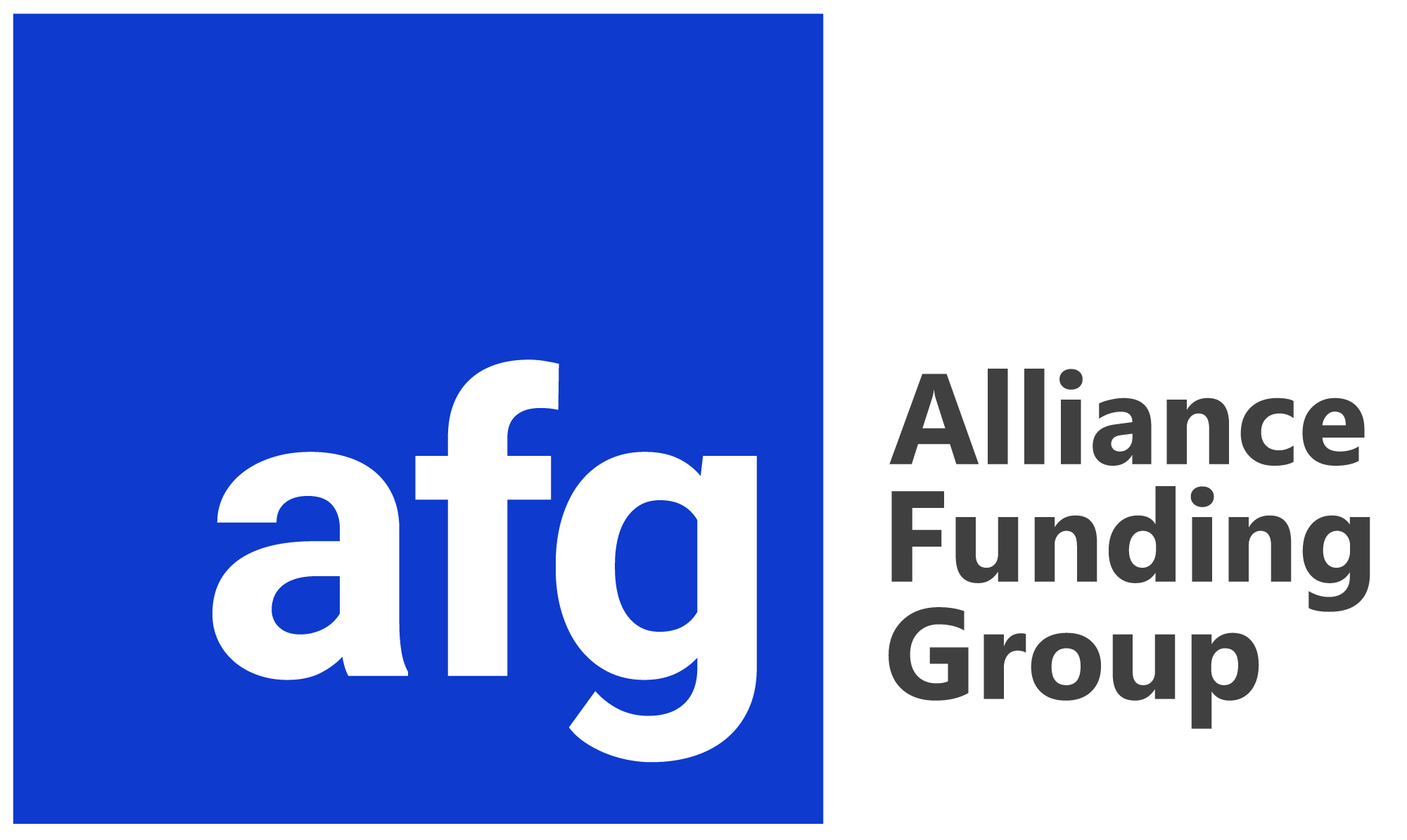We’ve all heard the phrase you have to spend money to make money…
But really, it’s only true if you spend that money wisely. Investing money into something that doesn’t improve the outcome of your business won’t get you anywhere.
We know that having the right equipment to power your business is important. The proper equipment can increase your productivity, lower your costs, or give you access to new markets – all things that positively affect the bottom line.
Would you partner with an IT firm with old computers and network servers? Or how about a frequent coffee shop without an espresso machine? Or hire a construction company without the machinery required to build reliable houses? Absolutely not.
Businesses require the right equipment, machinery, hardware, and/or software in order to operate, grow, and succeed. And the ugly truth is, not everyone has the funds to cover these expenses. There are a few different options out there to get to the money-making stage.
We’ve summarized various ways to fund business equipment needs, each with pros and cons.
Your pocket – Using cash payment to buy the equipment
Pros : Using your cash reserves to purchase equipment and machinery makes the transaction simple and fast as there’s no lease or loan to enter into, and the new purchase is owned outright.
Cons : Since cash is a finite resource compared to credit, it is almost never a good idea to purchase large business items with cash. Companies that only use cash limit their access to major resources when they are needed.
A bank/credit loan– Borrowing money to purchase a piece of equipment and paying it back over time.
Pros : For companies with a strong financial standing, it is easy to secure credit for a large purchase. Using credit creates more flexibility, allows expansion of purchasing power to readily respond to opportunities for growth and to proactively improve machinery and equipment.
Cons : Applying for a line of credit can take a while. It requires detailed documentation such as audited financial statements and involves numerous fees and a substantial down payment.
An equipment financing company (leasing) – Signing an agreement that allows you to use specific equipment for a period of time.
Pros : Leasing provides a fixed rate upfront and equal payments month-to-month, which makes budgeting and cash flow management easier. Leasing companies partner with you and understand your needs. They specialize in working with industrial equipment, so they understand your business and the equipment in your space. It is a smooth process where a credit decision can be made in under 48 hours. You are able to upgrade when needed. Plus, you can eliminate maintenance costs with leased equipment. Bonus: There are also significant tax deductions available!
Cons : Are there any? We haven’t found them. Leasing just makes sense.
Once you’ve decided to move forward with leasing your equipment…now what? Choosing a lease structure! There are a variety to consider:
- Operating Lease – This is the traditional lease agreement that typically provides the lowest payment and is a good option for overcoming any current capital restraints.
- Capital Lease – a lease classified by the lessee as a purchase, with a title transfer to the lessee at the end of the term.
- First Amendment Lease – The first amendment lease allows you to purchase the equipment at one or more predetermined points during the lease.
- Tax Lease – A lease in which the lessor, is the party that is considered the owner of the leased equipment for tax purposes. The lessor assumes both the benefits and costs of ownership including depreciation, while the lessee (you) can still write off the lease payment as an expense.
- Synthetic Lease – A synthetic lease is structured so that it is treated as a capital lease (similar to a loan) for tax purposes and an operating lease (traditional lease) for accounting purposes.
How do you know which option is best for you? It depends on your business and specific situation. Before you shop for an equipment lease, think about your monthly budget, how long you’ll need the equipment for, how you’ll use it, and when you’ll need to upgrade it.
Several other lease structures are available through AFG – we offer seamless flexibility to our clients, knowing every situation is different and unique.
Shopping for an equipment financing and leasing company can be overwhelming. Take a step back and consider these factors when selecting the company that is right for your business.
- Experience – How long has the company been in business? Who are their satisfied customers?
- Convenience – How simple is the application process? How soon do you have access to the funds? Do they provide a personal account manager to help you in this process or do you have to reach out to customer care?
- Specialization – Which industries does the company specialize in?
- Reputation – Customer references and overall experience
Businesses can work with a provider that’s intimately familiar with their industry and cooperatively select terms and conditions that meet the unique needs of the business.
With a number of variables involved in securing financing for equipment, AFG is a great place to lease. It makes the process straightforward, clear and convenient. It provides services to a wide range of credit profiles and brings competitive story-based financing to the table.
“When we need equipment financing, we call Brandon at Alliance Funding. He gets our deals done on time and on budget. What else could you ask for?” – Steve “Barney” Byle, Corporate Controller, Edge metals Recycling, Inc.
AFG can help you find a solution that makes sense for your business.
Start your application today →



